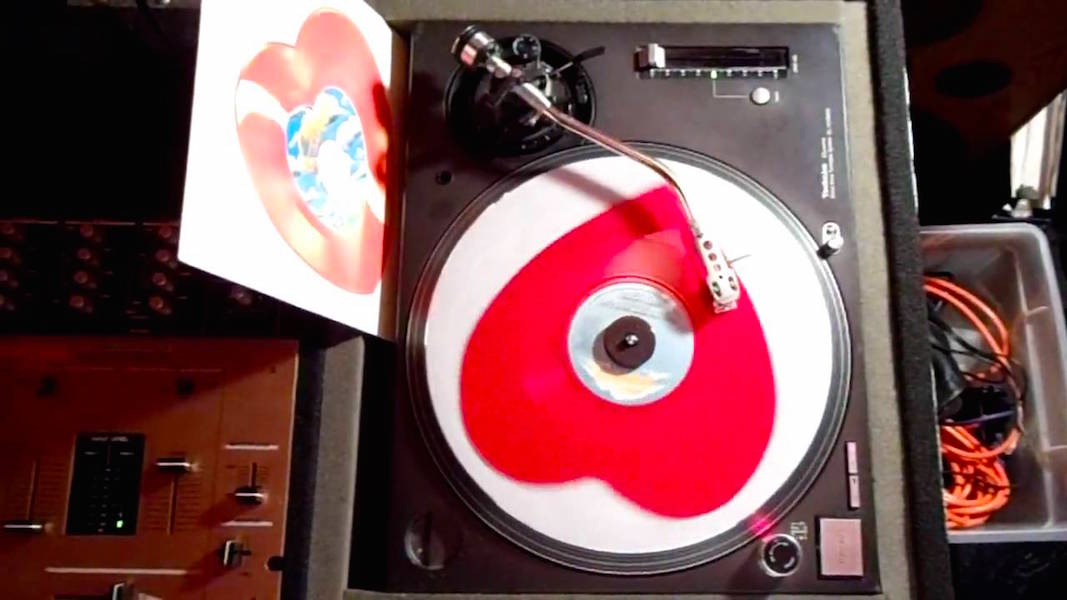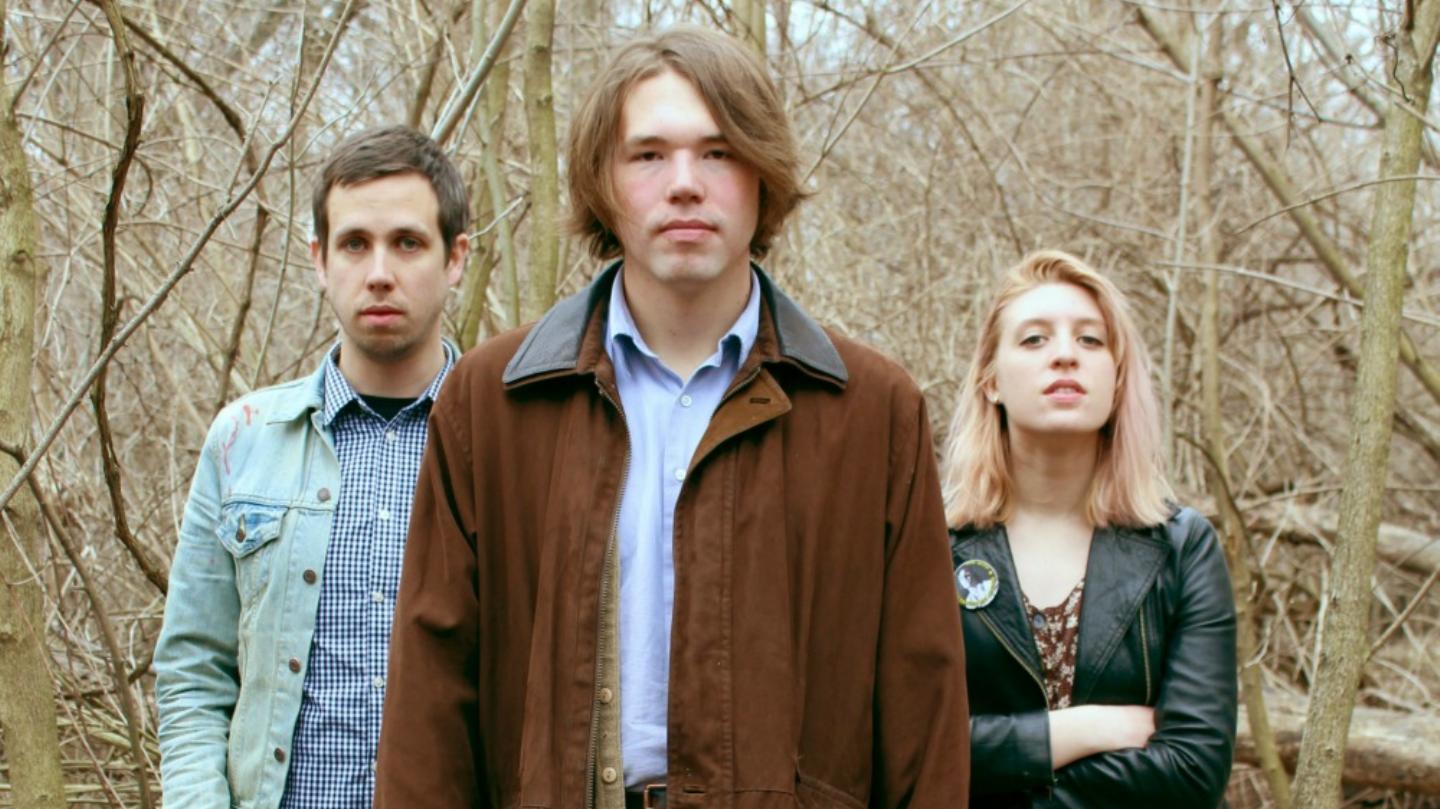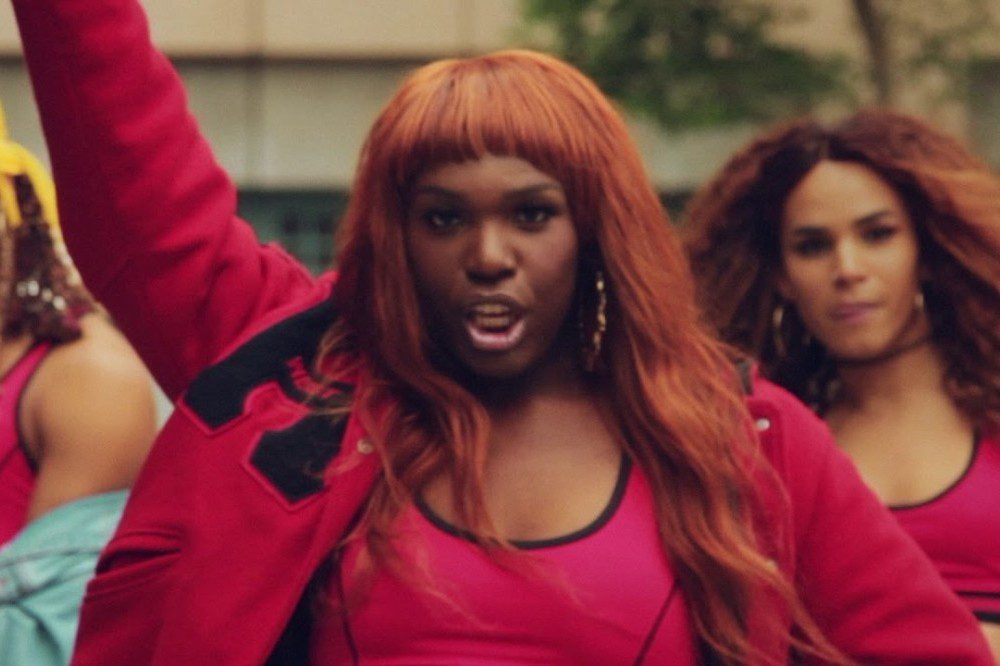ONLY NOISE: Love Songs

If you were lucky enough to get them, you must admit: by now the chocolates have been eaten, and the roses are beginning to droop. Maybe there are a few once-bitten, raspberry cream rejects left in that heart-shaped box of truffles your main squeeze gave you, but they will retire to the trash can only a few days before the flowers. Valentine’s Day was this week, and if you couldn’t guess by my tone (and annual, grumpy V-Day column), the only thing I did was my laundry. Afterwards, I ate a shrimp Panang curry for one, and listened to the stories of my one true love: NPR.
I know what you must be thinking, and you’re right. Being a single human in New York is thrilling. Despite all of my sarcasm, it really can be. You don’t have to answer to anyone outside of work. You get to take yourself to dinner and read a book instead of forcing conversation or watching your date scroll through his Instagram feed. You can travel spontaneously, flirt at will, and cat-sit for your married friends with better apartments. But societal constructs and the bulk of pop culture are not here to make single people feel better. Carrie Bradshaw, the fictional star of TV’s Sex and the City and patron saint of single ladies for years, gets hitched in the series’ first film adaptation. In the Fifty Shades trilogy, what’s disguised as a taboo romance ultimately ends in marital normalcy, including the overbearing husband, kids, big house, etc. Off the top of my head, I can probably think of two romantic comedies (and I’ve seen a surprising amount of them) that ended realistically, with the lovers in question going their separate ways.
But music, as a medium, is far more honest about the harsh realities and banalities of love. The love song does not promise a happy ending. In fact, converse to romantic comedies, I can barely think of a love song that ends well. The most memorable ones end horribly, or at the very least, unresolved. Some convey longing for a relationship that never was and never will be. Others pick at the untidy details of a failing one, as if plucking wilted petals off a flower until only its bald center remains. The former yearning can be found in classic pop songs like Sam Cooke’s “Cupid,” which, despite its blissful melody, is about the most extreme version of unrequited love. “I love a girl who doesn’t know I exist,” Cooke sings, which seems as hopeless as it does impossible. How can you really love someone when you’ve never had an interaction, let alone a date?
Cooke’s song maintains a promise reinforced by decades of film, television, and (some) pop songs: that if you could only get the person you desire to look at you, to kiss you, and to eventually love you, that everything will be ok. The movie ends with the first kiss. The TV show draws out and dramatizes the dating ritual for seasons on end. The song, however, has only so many minutes to tell a story, and nothing – not even a kiss – is ever guaranteed. To me, love songs have always felt like snapshots documenting individual phases of a relationship, or lack thereof, rather than the broader perspective visual storytelling can offer.
One master of these snapshots is Elvis Costello. Costello’s breakup songs are so biting I often wish he worked on commission to pen vengeful letters to exes. But he’s also capable of conveying the most vulnerable aspects of monogamy. Tracks like “Little Triggers” (from This Year’s Model) and “Different Finger” (a song about infidelity on an album called Trust) strip the varnish from matrimonial bliss. Costello succinctly captures the spiteful side of relationships in the first few lines of the former, when he sings of “Little triggers that you pull with your tongue;” if you don’t know exactly what he means, I suspect you have never dated, and had parents who hid their arguments well.
The love song is in a category unto itself, but it splinters into infinite subcategories spanning countless genres. The unrequited love song; the breakup song; the disintegrating-relationship-but-not-quite-breaking-up-yet song; the song about cheating; the song about being cheated on; the you-broke-my-heart-but-I-still-want-you-despite-having-no-rational-excuse-for-that song; the song about being so hurt, you pull the emotions plug and cut yourself off from ever loving again; I could sit here for days digging heartbroken anecdotes from the crevices of pop’s past. I could also list of some pure love songs, the ones that stay true to their title and end happily ever after. But who needs to hear those right now? The people lucky enough to be in love don’t need help this week. They got their chocolates and their flowers. And what do the rest of us get? I suppose almost every song ever written is a good place to start.




